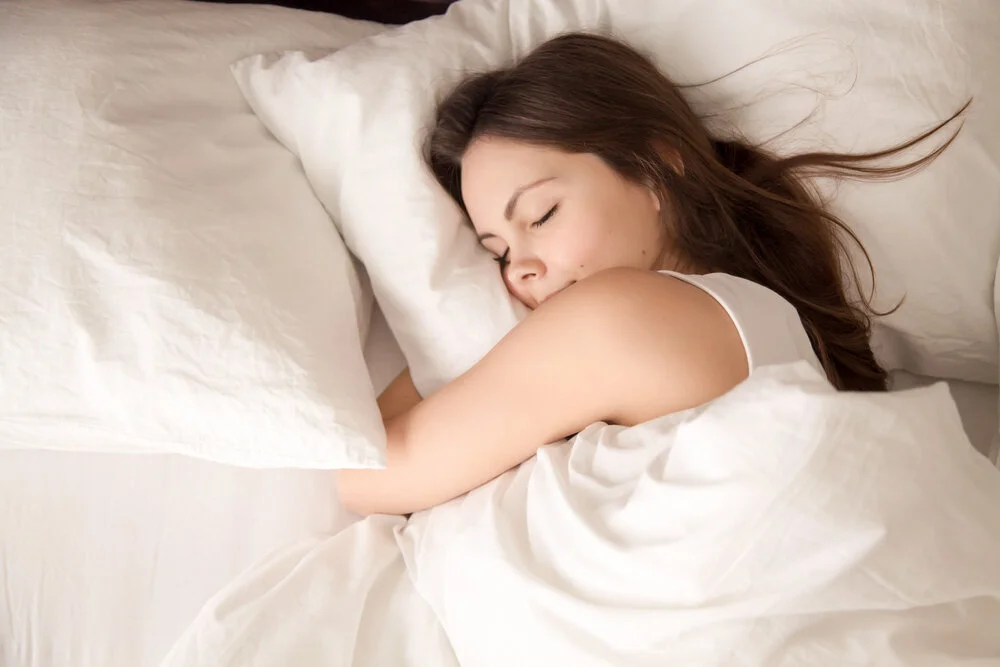How to Sleep Better with Behavioral Changes?
A good sleeping in a night may have marvelous health consequences. In fact, healthy regulation of body processes and hormones is one of the key reasons why we are sleeping. But, if sleep is unhealthy or disrupted, it could be because of unhealthy habits. The path to sound sleep can be paved by simple changes in the behavior and a safe lifestyle. Integrating healthy lifestyle changes not only contribute to good sleep but also enhance overall well-being.
It's pretty simple to see if you're sleeping properly. You may be assured that you get adequate sleep if you feel resting and energetic enough to see the day. But if you are groggy, it is time to assess your lifestyle and sleep behavior in general.
93% of people are deprived of sleep, but most people don't know how it affects their lives. The cause of many conditions such as cardiovascular and even cancer is chronic deprivation of sleep. The only solution is to visit a sleep clinic in OKC.
How to Get Healthy Sleep?
Initially, it takes great effort to develop good sleep hygiene, but long-term effort and time are well worth it. Here are a couple of simple sleep tips:
1. Schedule of sleep: be consistent with how long each night you hit the bed. This means to sleep and wake up every day at the same time. It helps to tune a healthy sleep cycle to your inner clock — the circadian rhythm. Make sure you have sufficient time to sleep every night i.e. at least 7-8 hours.
2. Preparation: it helps to create a ritual to sleep before you go to bed, whatever activities that relax your body and mind. You could read books, hear music or have a warm bath. Sleep can be inducted by meditation and/or relaxation. The body knows that it is time to sleep, following the same ritual every day. Before going to sleep, avoid using mobile phones, laptops or any other device.
3. Darkness: Make sure the bedroom has no light to assist in sleeping well. Not only do bright lights interfere with sleep, but they also help raise room temperatures. It is a good idea to ensure that the sleeping and relaxation room is used exclusively. So consider moving it out to the living room if you have a television in the bedroom.
4. Fitness: Make sure every day you get a good workout. Dancing and swimming are also good practices. Get out every day for a walk, a jog or a bike. The longer you sleep in the open air and in the middle of greenery, the better you get to sleep. Nevertheless, remember that exercise stimulates the body to secrete the cortisol – a stressful hormone – that activates the brain's alert mechanism in turn. Therefore, exercising early in the day is a good thought.
5. Diet: A healthy sleep diet is essential. Complete your daily diet using greens, fibers, and lots of water. Eat and avoid junk at regular intervals. Hold your dinner light and let your dinner and sleep for a couple of hours. Do not hit the bed right after dinner because sleeping is not easy.
6. Coffee / Caffeine: As much as possible, avoid coffee, tobacco and nicotine. Limit coffee and/or coffee and energy drinks even during the day. These are stimulants which have a long-term effect on the body and adversely affect sleep. There are often night withdrawal symptoms which can disrupt sleep, which are observed by users. Do not consume at a minimum of 6-7 hours before bedtime coffee or caffeine.
7. Alcohol: Alcohol should be prevented by night because it disturbs night's sleep. While initially causing sleep, later it interrupts sleep.
8. Power Naps: This is an excellent way to cool your energy and recharge it during the day. It's fine to sleep for 15 to 30 minutes at any time. But anything longer could interfere in a good night's sleep.
9. Avoid spicy food: Before bedtime, avoid fatty, spicy, and fried food to avoid heartburn. Better yet, plan to have your final meal three to four hours before bedtime, regardless of type of food.
10. Optimize your exposures to light/dark: A sufficient daytime and night exposure to sunlight helps keep the sleep cycle healthy.
11. Avoid using electronic equipment in bed or near bedtime: The bright light of a television, mobile phone or tablet may stimulate your brain and disturb the cycle of sleep, causing insomnia for many.
12. Make your bedtime relaxing routine: Reading the book, taking a warm and relaxing bath and a cup of herbal tea and your diary can help you relax and tell your body to sleep. Use a routine (e.g., washing your face, changing to comfort wear and then five minutes of meditation) before going to bed every night for improved performance.
Contact us at OKOA. At our sleep clinic in OKC we would guide you the best to get the right treatment for better sleep.
**Disclaimer: The information on this page is not intended to be a doctor's advice, nor does it create any form of patient-doctor relationship.

